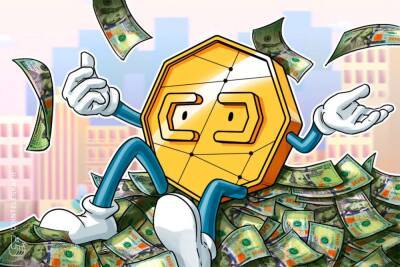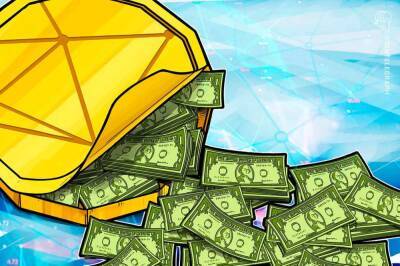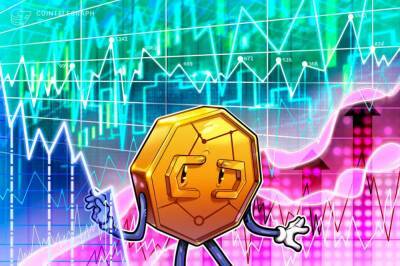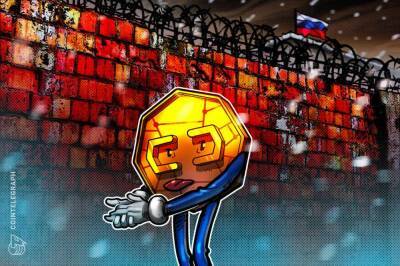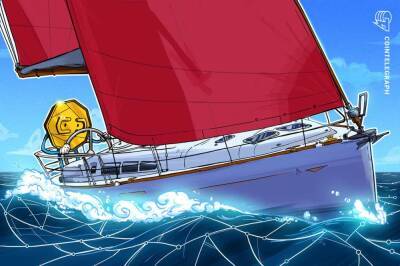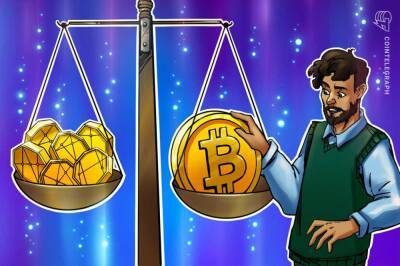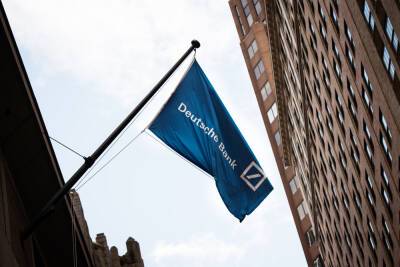P2P payments spurred crypto adoption across Venezuela in 2021
For Venezuela, 2021 has been a year of considerable changes at the microeconomic level, where even more than in 2020, the results of powerful catalysts for change such as COVID-19 were clearly visible.
In a more dynamic economy with a higher volume of operations with foreign currencies, cryptocurrencies played a key role during this year for the South American country.
In this review, we’ll take a look at the highlights of the Venezuelan crypto ecosystem in 2021 including related areas such as trading, play-to-earn (P2E) games, fintech, mining, regulation and nonfungible tokens (NFTs).
According to blockchain analysis firm Chainalysis, Venezuela ranks seventh in the Global Cryptocurrency Adoption Index 2021 thanks in large part to peer-to-peer (P2P) trading activity.
A noticeable trend in 2021 was the growing number of people and businesses in Venezuela accepting cryptocurrencies as a form of payment to circumvent the hyperinflation and devaluation of the national currency, the bolivar — a trend that has plagued the South American nation for the last few years.
In some of the main cities of the country such as the capital Caracas and Puerto La Cruz, it is increasingly normal to see people or merchants using cryptocurrencies as a form of payment.
The appearance and adoption of crypto payment platforms such as Binance Pay, Reserve or even Valiú have accelerated the adoption of a more digital economy based on cryptocurrencies without the need for users to have extensive knowledge of the subject.
Notable businesses accepting cryptocurrencies in Venezuela include the Simón Bolívar International Airport, supermarket chain Bio Mercados, several casinos and even the largest cable TV operator in the country. Fast food chain Church's
Read more on cointelegraph.com

 cointelegraph.com
cointelegraph.com




